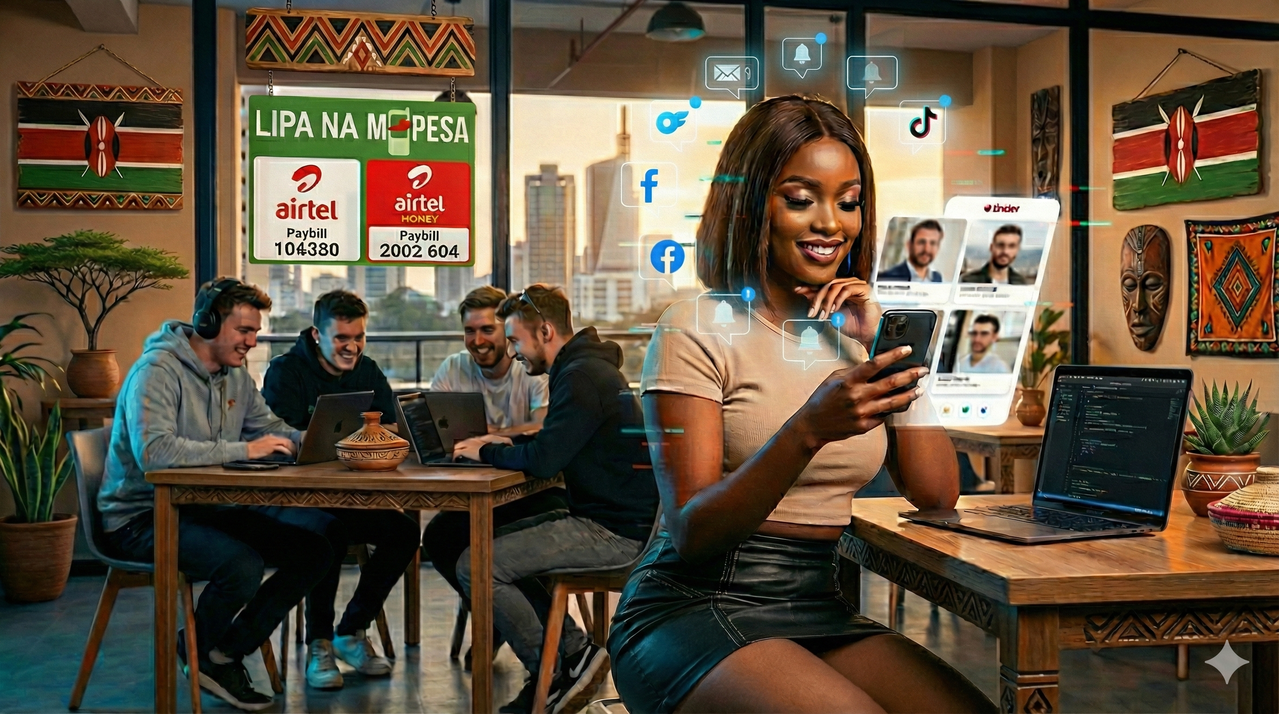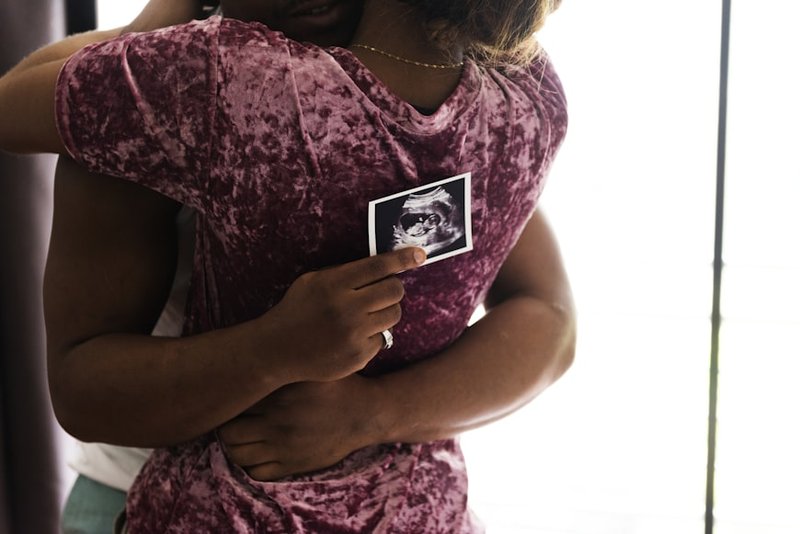Should Parenthood Require a License Like Driving or Flying?
Think about needing a permit to start a family, just like you need one to drive a car or fly a plane. This thought comes up a lot online, especially when news breaks about kids being hurt by their parents. People often say things like, “We need licenses for parents!” Let’s explore this idea step by step. We will look at why some think it is good, why others see big problems, lessons from the past, and what people are saying on social media. By the end, you might have your own view on this tough topic.
Why Some People Think Licensing Could Help
Many believe that becoming a parent should come with checks, much like other important tasks in life. For example, before you drive, you learn rules and pass a test to keep everyone safe. Why not do the same for raising kids? Kids are at risk if parents are not ready, and abuse happens to millions around the world each year.
One key point is better care for children. A license could mean parents take classes on how to feed babies, deal with crying, and teach right from wrong. This might cut down on harm and help families do better. Thinker Hugh LaFollette wrote about this, saying parents should show they can handle the job. Some plans even offer rewards, like lower taxes or help with child care, for those who get licensed.
Another plus is education before birth. Classes could cover money matters, mental health, and family planning. This shifts how people think about starting a family, making it more thoughtful. In places where people adopt kids, there are already checks like home visits and background reviews. Why not use something similar for all parents? It could mean fewer kids in tough spots and less need for government help later.
Supporters also point out that society already controls some things for safety. You need a license to own a gun or run a business. Parenting affects lives deeply, so why not set standards? This could lead to happier, healthier kids overall.
The Big Concerns: Risks and Rights Issues
On the other side, many worry this idea goes too far. Having children is a basic human right, part of our nature and freedom. Who would run the licensing? It would be the government, and that brings fears of too much control. Rules might start fair but change over time, depending on who is in power.
What would the tests look like? Would they check how smart you are, your health history, or your beliefs? This could lead to unfair treatment of poor people, certain groups, or those with different views. Enforcement is another hard part. What if someone has a baby without a license? Would the government force them to end the pregnancy or take away the child? These steps sound extreme and could hurt rights.
Critics say this is like treating kids as things, not people. Laws already exist to protect children after birth, like child services. Adding a license before birth might not fix problems and could create new ones, like more secret pregnancies or family splits.
Also, it might not work well. Not all good parents would pass a test, and some bad ones might fake it. The cost to set up such a system could be high, and it might not stop abuse.
Lessons from History: When Control Went Wrong
History shows why this idea can be dangerous. In the past, some governments tried to control who has kids, often with bad results. In the early 1900s, eugenics was popular. It aimed to improve people by stopping some from having children. Indiana in the US made the first law in 1907, leading to thousands being sterilized without choice.
This thinking spread. In Germany under the Nazis, over 400,000 people were sterilized because they were seen as unfit. It was part of a bigger plan that caused great harm. In India during the 1970s, a state of emergency led to millions being forced to be sterilized, mostly poor people. It caused anger and changed politics.
China’s one child policy, from 1979 to 2015, limited families to one kid. It used fines, forced abortions, and sterilizations. This led to fewer girls being born and an older population today. In Canada and Australia, native women were sterilized without knowing, as part of efforts to control groups.
These examples show how rules meant to help can turn into tools against weak groups. They warn that giving power over family to the state can lead to abuse and loss of rights.
What People Say Online: Real Views and Stories
Social media is full of talks about this. On X, people share strong opinions. One user said, “If I need a license to fish, I think you need a license to have children.” Another joked about bad parents losing their right for small things like loud videos.
Some share personal thoughts. A foster parent talked about taking classes to renew their license, wondering if all parents should do the same. Others react to news, like a video of someone saying odd things, leading to calls for licenses.
There are extreme views too. One suggested aborting unlicensed families, which sounds harsh. Many agree not everyone is ready for kids, saying, “Stupid people should not breed.” But others worry about who decides, fearing it leads to more control.
These posts show how the idea sparks debate, mixing worry for kids with fears of lost freedom.
Better Ways: Finding Balance Without Licenses
The wish to protect children is clear, but a license might not be the best path. Instead, offer free classes for new parents on health and care. Strengthen help systems to spot problems early. Teach family planning in schools to help people choose wisely.
Some places already do this. Parenting programs reduce abuse by teaching skills. Rewards for learning could encourage without forcing.
In the end, balance rights and safety. History and talks show risks are high. Maybe support, not rules, is key. What do you think? Permit or freedom?


.jpg)

